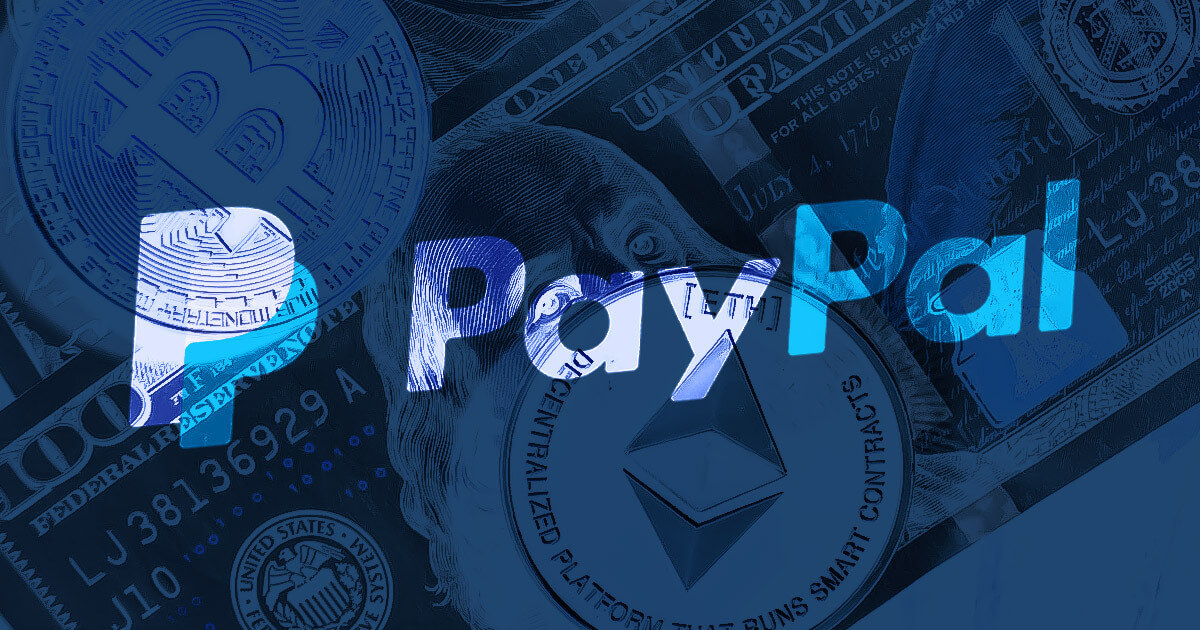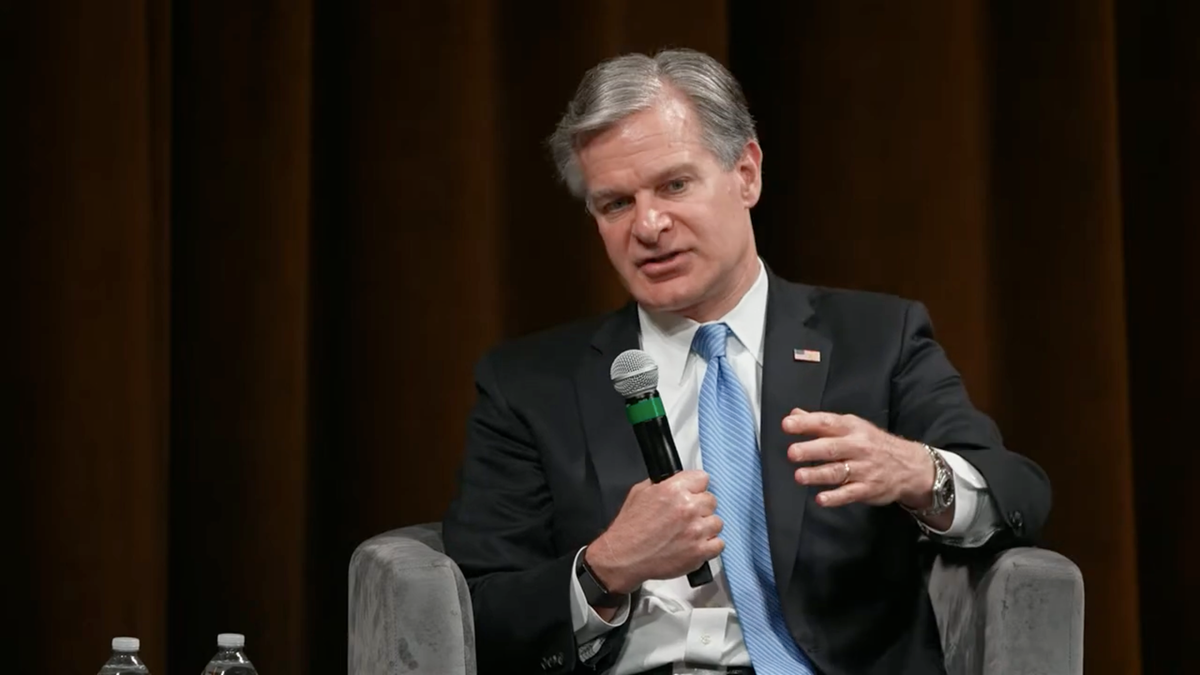PayPal’s Shift in Buyer and Seller Protection for NFT Transactions
Recently, PayPal made an announcement that has sent ripples through the digital asset market. The company revealed that starting May 20, it will no longer provide buyer and seller protection for transactions involving Non-Fungible Tokens (NFTs). This decision marks a significant departure from PayPal’s historical stance of safeguarding consumers against fraudulent transactions.
Historical Protection Programs
In the past, PayPal’s protection programs have been crucial in ensuring that consumers are shielded from fraudulent activities. These programs have offered refunds and protection to sellers against chargebacks and false claims. However, with the latest update to its terms of service, PayPal has decided to exclude NFT-related transactions from its protection programs.
Impact on High-Value Transactions
The policy revision primarily impacts high-value transactions involving NFTs. PayPal will no longer provide coverage for NFT sales exceeding $10,000, leaving buyers and sellers vulnerable to potential fraud. Nevertheless, transactions below $10,000 will still be eligible for seller protection if the buyer claims unauthorized activity and meets other requirements.
A spokesperson from PayPal cited “uncertainty around proof of order fulfillment” as one of the reasons for dropping NFT purchase protections and reducing seller protections. This move underscores the company’s cautious approach towards the volatile digital collectibles market.
Shifting Landscape in Digital Assets
PayPal’s decision to distance itself from the uncertainties of the NFT market signals a broader trend among major financial service providers. With increasing regulatory scrutiny and market volatility, companies like PayPal are looking to mitigate potential risks associated with digital assets.
While this conservative approach may safeguard PayPal from losses linked to fraud, it could also limit the company’s growth opportunities in the digital assets space. PayPal has previously shown interest in the digital assets industry, having introduced support for crypto transactions in 2022.
Some industry analysts suggest that PayPal’s updated policy might erode buyer confidence in using the platform for high-value NFT purchases. However, it also serves as a reminder to consumers to exercise caution and due diligence when navigating the digital asset landscape.
Image/Photo credit: source url





